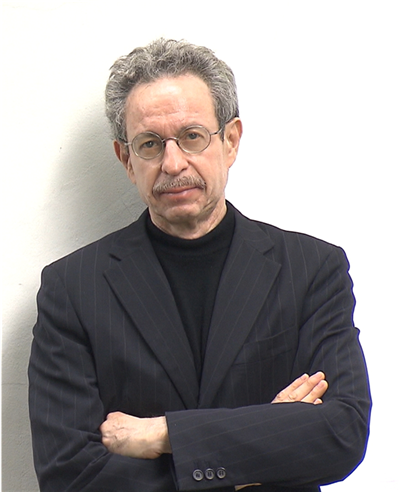Poverty fight grounded in success


Achieving goals
The feats achieved so far in China's fight against poverty are essential steps toward fulfilling the country's stated aim to be a "moderately prosperous society" in time for the 100th anniversary of the founding of the Communist Party of China next year, Kuhn said.
"After all, how could China claim to be a moderately prosperous society if any of its citizens continued to live in absolute, extreme or abject poverty? No matter how large China's GDP, no matter how large China's income per capita, China could not claim to have achieved this goal unless and until every citizen was living above the line of absolute poverty," he said.
"Today, in the Western world, especially in the US, there is concern about China's actions and suspicion of China's motives. While all political systems have trade-offs, poverty alleviation, to me, is the best disrupter of such stereotypes," he said.
China was on track to meet its target of eradicating extreme poverty in rural areas and eliminating regional poverty by 2020 when the COVID-19 epidemic struck and some may question whether it can still achieve its goal, Kuhn said.
"During an inspection tour in Northwest China's Shaanxi province, President Xi urged enhanced efforts to overcome the negative impact of the COVID-19 epidemic and ensure that the country does achieve its original poverty-alleviation goals in 2020," he said.
Again, Kuhn's latest work on the ground helped him to experience "firsthand the impact of President Xi's remarkable statement: 'I have spent more energy on poverty alleviation than on anything else.'"
Still, China's targeted poverty alleviation drive faced or faces at least four challenges, Kuhn said.
"First, is the data reliable? There is an obvious conflict if the same officials who do the poverty alleviation remediation work also do the poverty alleviation assessment work. As noted, I've seen independent auditors, often unannounced, checking and spot-checking-but I still hear talk that some data is suspect, because local officials are under such great pressure. That's why central authorities have become even more committed to independent checks, punishing officials convicted of fraud," he said.
"Second, there is natural conflict between officials who want to bring people out of poverty, in order to benefit their careers, and village people who want to remain classified as poor, in order to maximize their subsidies. These are normal human motivations and individual cases often test the wisdom of officials.
"Third, what's to prevent those who are pushed just over the line of extreme poverty, after the excitement dies down, after 2020, from falling back down below it? For China's poverty reduction to be counted a true success, it must be sustainable," Kuhn said.
"Fourth, living barely over the line of extreme poverty, far below standards of living enjoyed by China's urban middle class, hardly makes for a society of common prosperity, China's long-term goal. The fight against poverty cannot end in 2020," he said.
"To truly eliminate all poverty in China, and to do it sustainably, poverty alleviation programs must continue to be an ongoing process and an ongoing priority in China. It is, indeed, a Long March."
- Mount Qomolangma's foreign tourist number doubles in 2024
- Yuyuan Garden lights up with Year of the Snake lantern installations
- New dendrobium orchid species found in Sichuan
- People welcome the New Year across China
- China's railway trips expected to hit 11.5 million on New Year's Day
- Beijing: where ancient traditions meet modern marvels





































